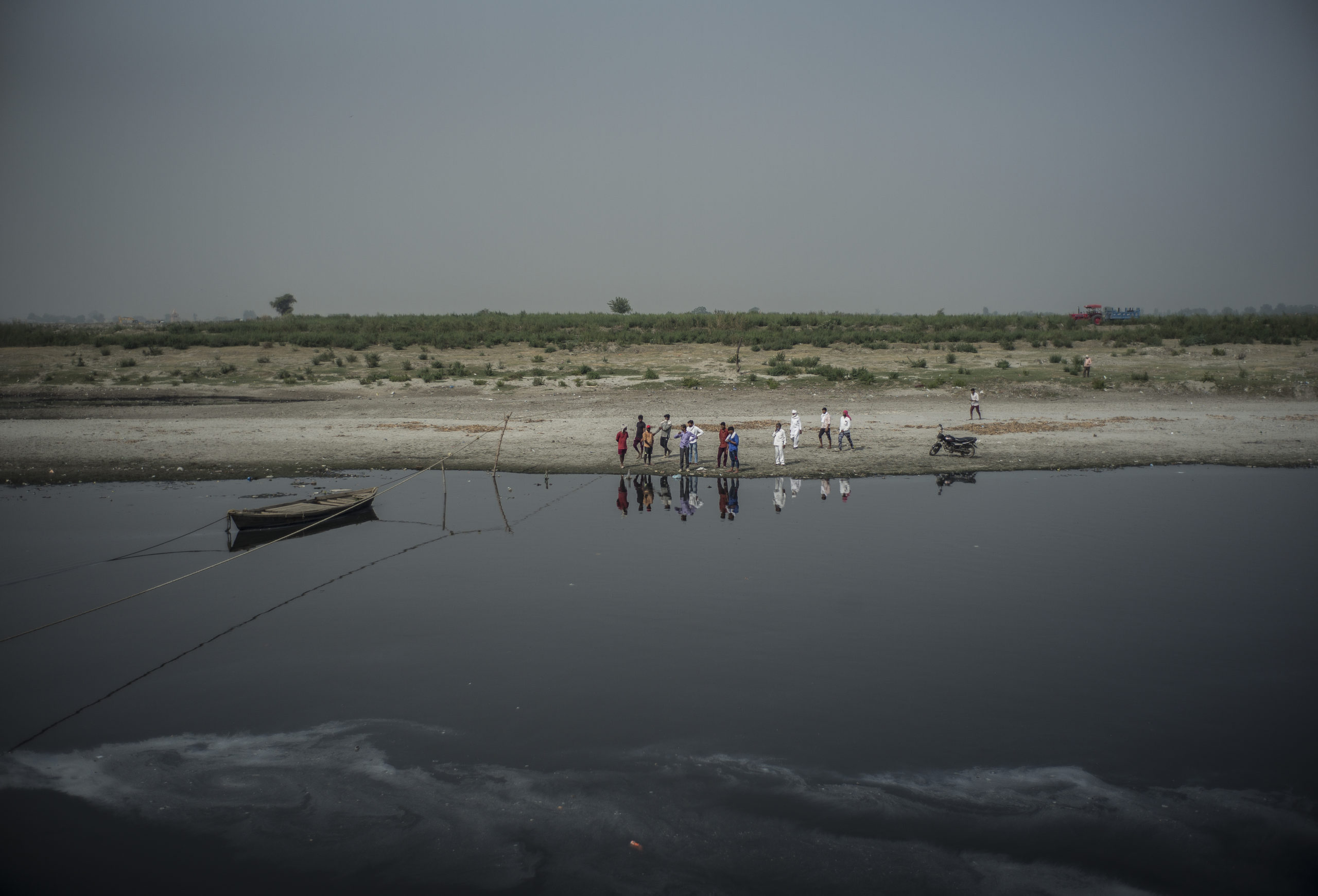
The Delhi government on Tuesday banned fishing in parts of the Yamuna in the city citing high pollution levels in the river.
Visuals of toxic froth floating on the surface of the river are being shared on social media for some days. According to experts, soaps and detergents are one of the major contributors to the pollution in the river.
“It is hereby brought to the notice of all concerned that in view of the high pollution levels in the Yamuna waters, as per the provisions made in the rules, the issuing of fishing licence in two portions of public waters is suspended till further orders,” a notification issued by Delhi’s animal husbandry department read.
Fishing will be prohibited in a portion of Hindon Canal, Ghazipur drain and Shadipur drain (road drain 0 to 17,000) and a portion of river Yamuna, from groyne number 85 (downstream), New Okhla barrage, to Delhi boundary, it said.
“No fishing by any means will be done henceforth and any contravention will be punishable under the Indian Fisheries Act, 1987,” it added.
According to an official of the Central Pollution Control Board, the primary reason for the formation of toxic foam in the Yamuna is high phosphate content in the wastewater as detergents are used in dyeing industries, households and at ‘dhobi ghats’.
The Delhi government had recently banned the sale, storage, transportation, and marketing of soaps and detergents not conforming to the latest standards of the Bureau of India Standards to curb pollution in the Yamuna.
(Cover: Credit – Getty Images)
On the principle of 'Sarvajan Hitaya, Sarvajan Sukhaya' -- Welfare for all, Happiness for all…
With hundreds reported missing in Delhi this year, this guide explains how families can use…
The case came to light after a 35-year-old woman from Panipat alleged that she had…
During the investigation, CCTV footage helped identify the suspects, according to Delhi Police
The launch took place during the inauguration of the Delhi Police Exhibition Hall at Connaught…
The 28-year-old factory owner was taken to Satyawadi Raja Harish Chandra Hospital in Delhi, while…